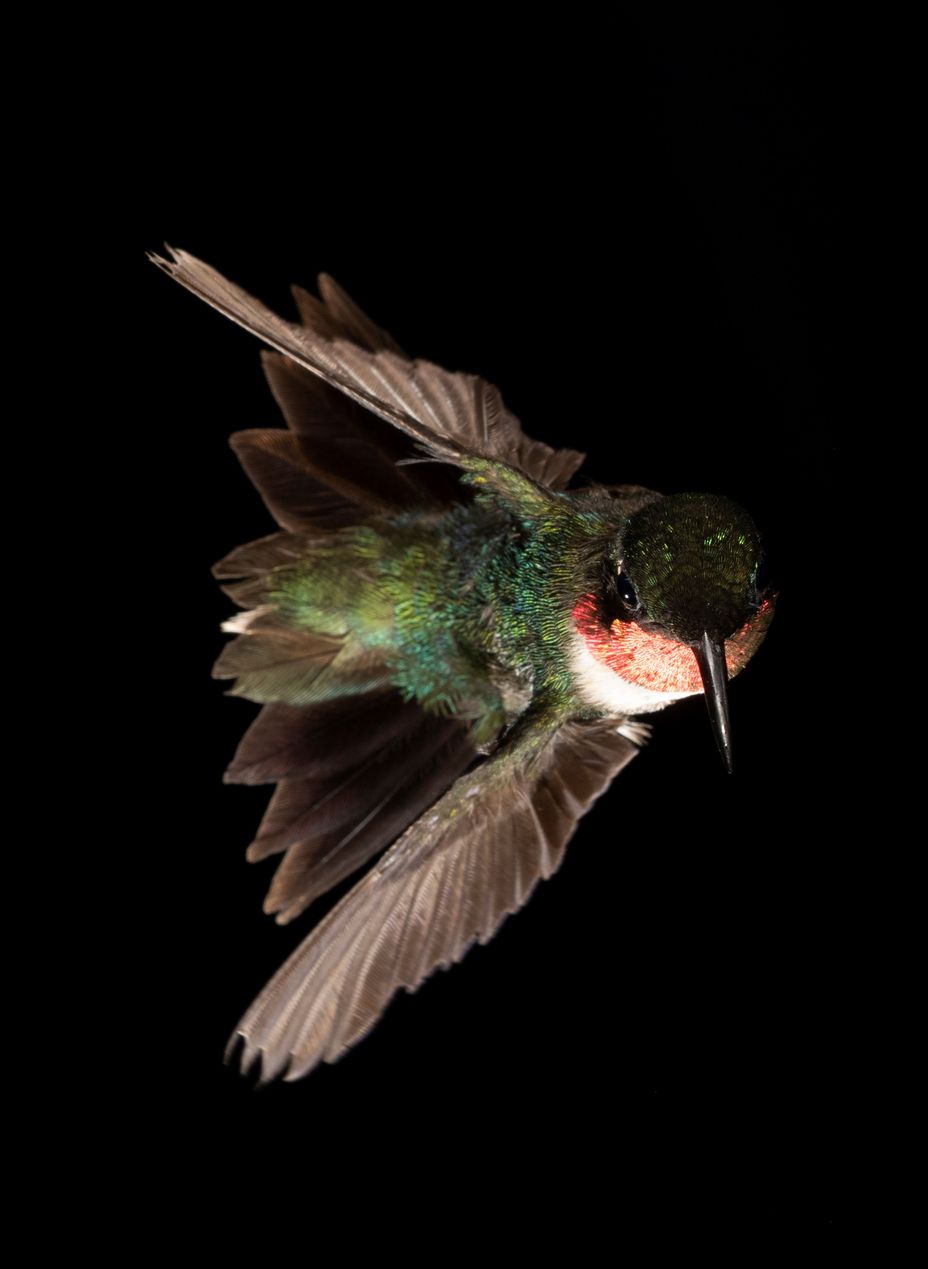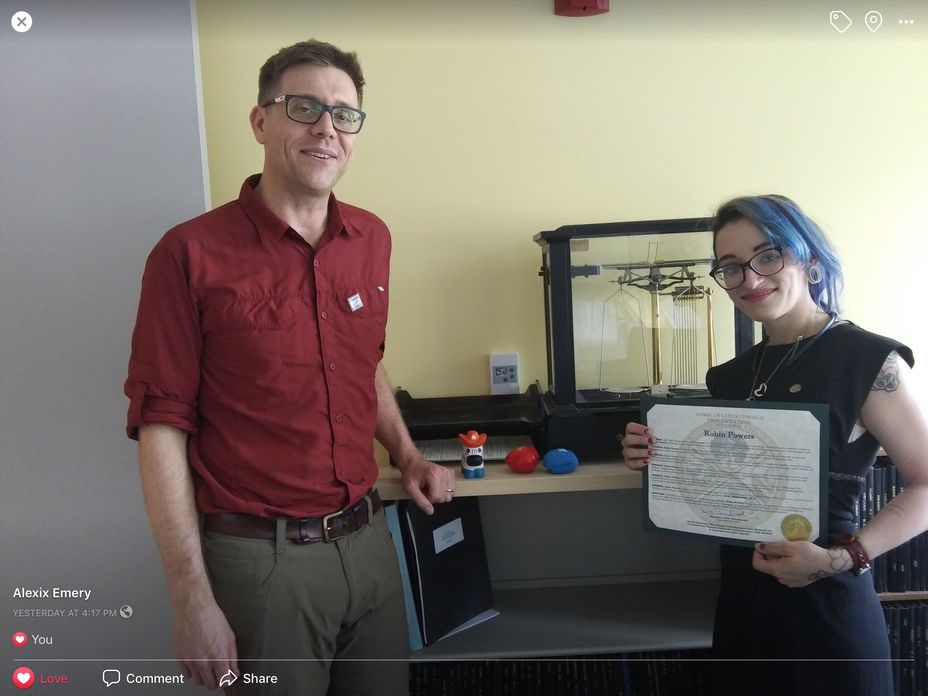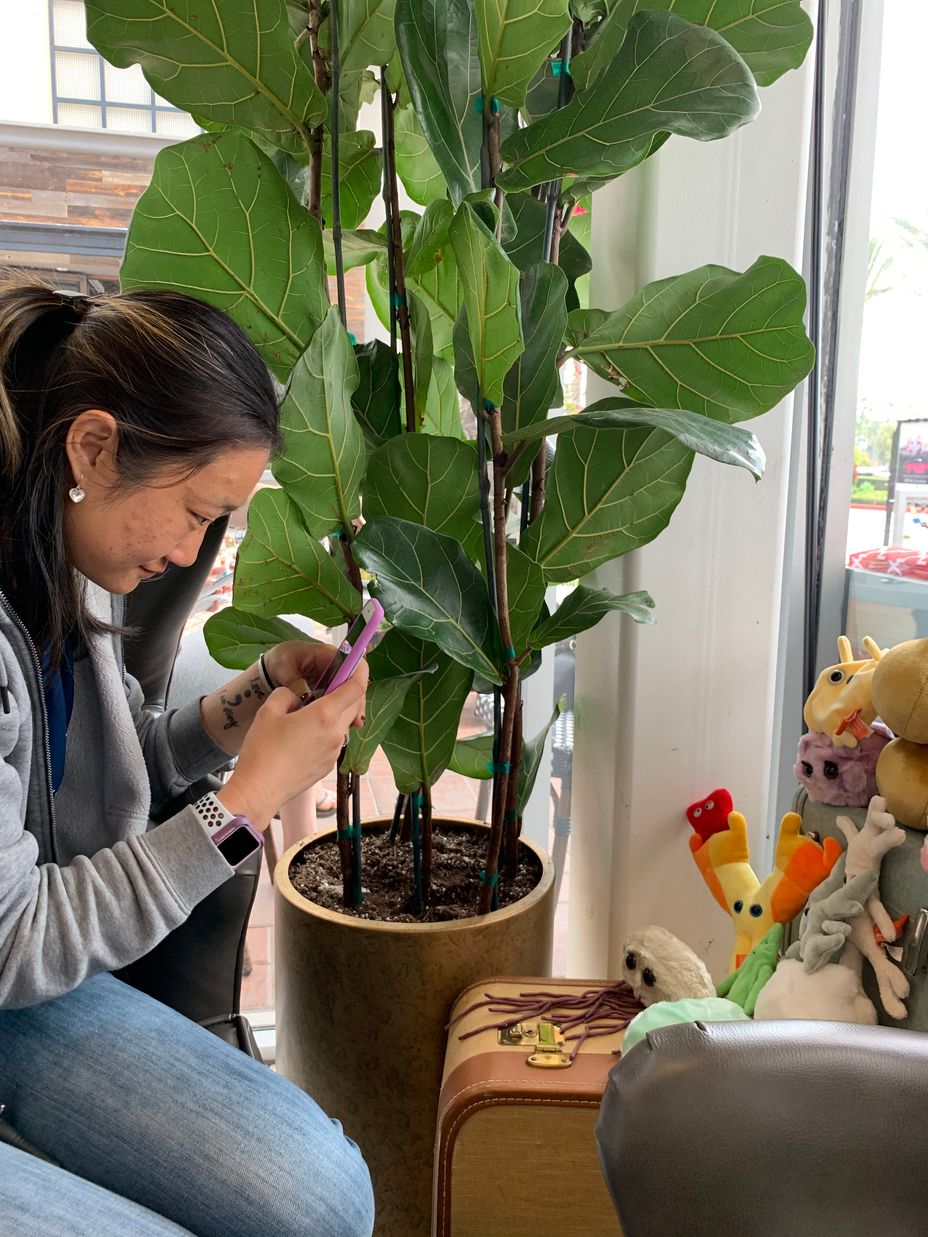What Is a Hummingbird?
In celebration of FINALLY submitting my PHD thesis, and of seeing my first hummer of the year, I thought I would post my favorite and by far the most meaningful poem I’ve ever written. A brief backstory: A few days before my defense, the nerves and stress were starting to boil, compounded by my worsening physical condition. I knew I knew my stuff, but still I had lots of preparation for my defense to go. But that evening, instead of frantically rereading hundreds of papers and my thesis or tidying up my presentation, I sat down at my computer and just started writing. I don’t remember why or even having the idea of writing a poem about my research, it just happened. From the first few words I had tingles down my spine and tears welling up (even writing this now, those tingles and tears come back, as they do every time I read this poem). I didn’t even feel like I was really writing- the lines were just pouring out effortlessly. It literally felt like I was transcribing my spirit. The only difficult part was seeing my computer screen through my tears, and controlling my laughter, joy, and utter disbelief of what was coming out of my fingertips. I don’t have the energy to fully describe how truly important this poem is to me, but suffice it to say that whenever I have doubts or regrets about spending 8+ years in the prime of my life studying these magnificent and mysterious creatures, this poem reminds me that it was (and is) ALL worth it, and that there really is something more to this universe than what we can touch and see :).
What Is a Hummingbird?
“ What is a fish? ”, my labmate asked me.
“ Don’t know what you mean ”
“ Then what is a hummingbird? ”
I smiled with glee…
A hummingbird’s a bird, a hovering bird.
It zips in the trees, and flits with the bees.
From flowers it drinks, “ where’s my next meal ”, all it thinks.
Sweet nectar dew, plus an insect or two, but at night, can’t find food.
In the day, so mean and lean to impress all the ladies with sheen.
At night, hidden in the green, unseen, no longer a sugar fiend.
Its fuel source must turn, now fat, it must burn.
And when that is done, torpor’s begun.
Fast asleep? or something deeper? We won’t know without a seeker.
An observer of sorts, a scientist of creatures; and today his research features…
A few insights, some questions, and many honorable mentions,
The whens and the whys, the ins and the outs,
Of a magnificent feat from those without feet.
Still, she becomes, and begins to succumb,
To the cool dry air, one last dream of morning sun.
Her metabolism plumets, body temperature drops.
Her fat’s at a level where she will go plop!
IF, she stayed warm, but her threshold did warn:
“ Use torpor,” it said, “ or we will be dead! ”
So torpor she did and torpid she stayed, until just before that morning sun came,
And oh how much fat she did save!
Now I could end there, but that’s not quite all,
I could go for hours, so I hope you’re enthralled.
But believe it or not, it does get more interesting.
So if you’ll stick around, I’ll reveal you the mystery,
Of how hummingbirds do it, torpor that is,
It’s not that simple, there’s a lot people miss.
It’s not every night, like the routine theory says.
Only when needed- emergencies, instead.
If former were fact, they might be too fat,
For a particular season, like midsummer breeding.
That’s when they stay light, fighting for survival at night.
Agility, that brings them, territories and fiefdoms,
That hold the best nectars and nest sites near raptors.
What about nesting, and does torpor impair resting?
For sure the former, likely the latter, and the immune system might also stagger.
Brooding moms avoid it, developing juveniles too.
And, not to mention molting birds, slower feathers would renew.
That happens in winter, after the ruby-throated glinter,
Takes flight to the skies, over oceans it flies.
The Gulf, to be exact, but we’re not sure that’s fact.
To Mexico it goes, and even flying by coast, high fat stores it must boast.
And during that time, when fatness is prime,
Torpor becomes crucial, to save fuel it is useful.
And so a cycle it remains,
Summer, Fall, Winter, back north with Spring rains.
Body mass always changing, torpor always sparing,
that valuable fat, whether short-term or long faring.
But how does it switch?
Is it a flip and a ditch?
Or a dial with a seasonal style?
We’re not quite sure, the latter I suspect.
The flexible fat threshold hypothesis, we must test.
#LymeDisease #ChronicLymeDisease #Babesiosis #Bartonella #Anxiety #Depression #PanicAttacks #Loneliness #MightyPoets #ChronicIllness #Poetry #MentalIllness #biology #hummingbirds #PhD



